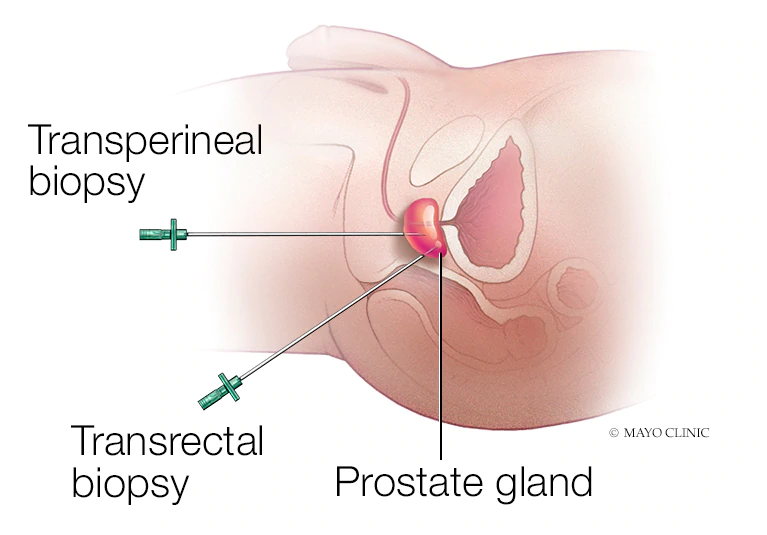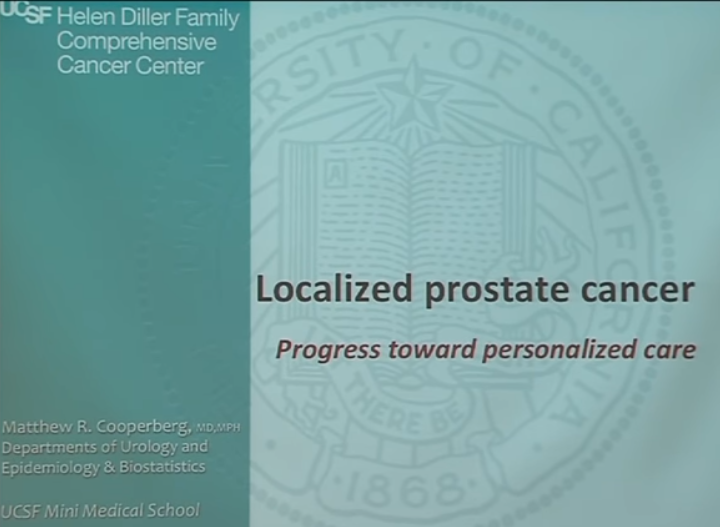|
||||||||
|
In this issue:
|
||||||||
 |
Second active surveillance event focuses on quality of life |
|||||||
 |
Time to act to prevent new cancer epidemics in Europe |
|||||||
|
Prostate Research and Treatments
UK moves to prostate screening and PCa genome sequencing |
||||||||
Transperineal prostate biopsy improves detection |
||||||||
"PSA screening has been a disaster - let's keep doing it" - Joke? |
||||||||
Genetic testing in PCa and its implications for early detection |
||||||||
|
Europa Uomo News
Europa Uomo News |
||||||||
|
Nutrition & Exercise for Prostate Cancer Patients
Healthy Lifestyle Reduces PCa Risk |
||||||||
|
Items of Interest
Patient frailty and potential loss of independence |
||||||||
|
FREE SUBSCRIPTION TO EUROPA UOMO MONTHLY UPDATE All previous issues are available on website: www.europa-uomo.org/newsletters/ |
||||||||
|
UPDATE is published by the Board of Europa Uomo for its member organisations. Editorial and production: Anja Vancauwenbergh. |
||||||||


